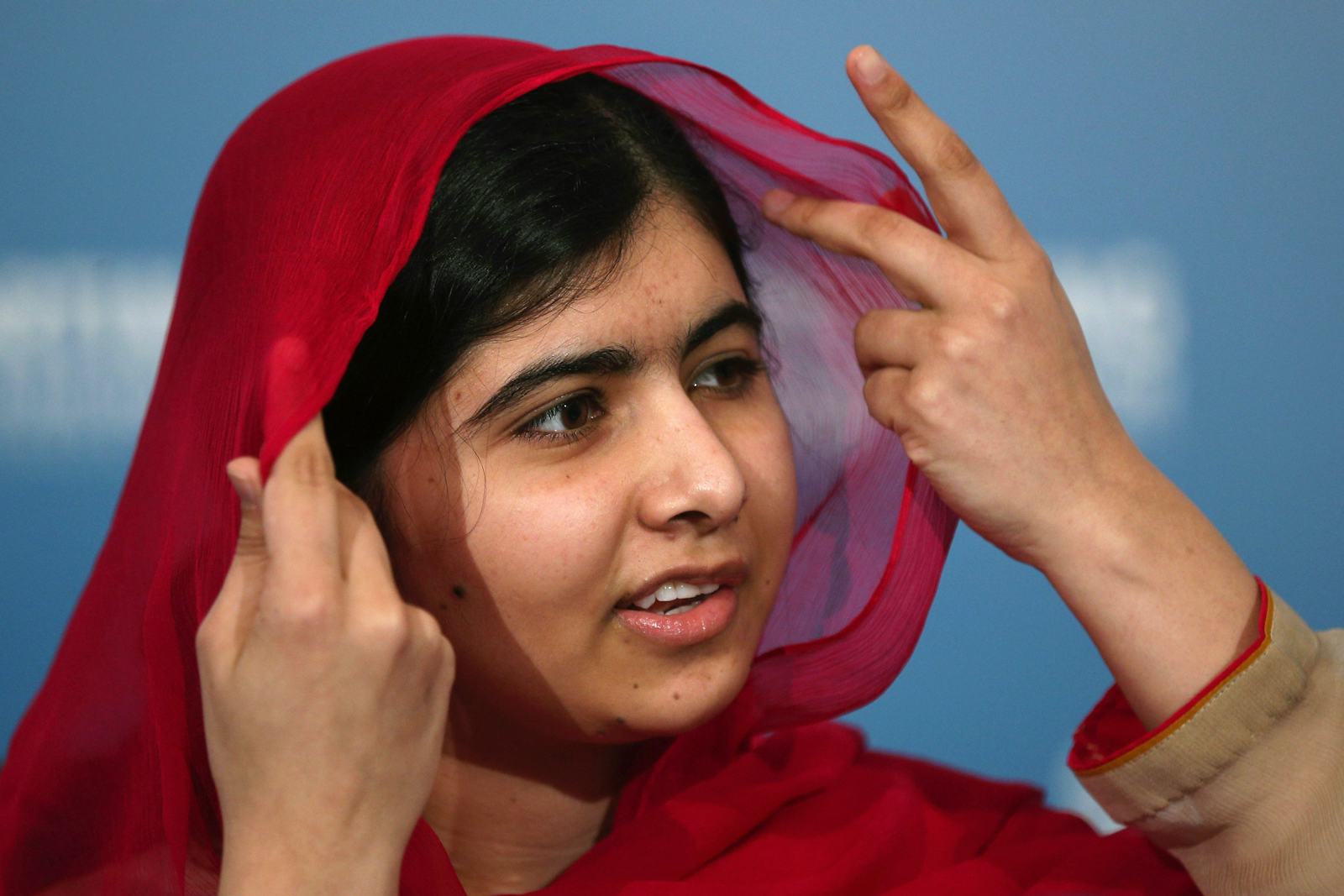Sex training is a subject typically shrouded in taboo and cultural sensitivity, notably in varied Asian cultures. Exploring the complexities of intercourse education in these contexts permits us to grasp the distinctive challenges that arise and the potential impression on people and society. By shedding light on these complexities, we can foster informed discussions and work in the course of creating extra inclusive and comprehensive approaches to sex training in numerous Asian cultures.

One key aspect of intercourse training in numerous Asian cultures is the cultural norms and values surrounding sexuality. Many Asian societies have historically held conservative attitudes in course of sex and relationships, often emphasizing modesty, privateness, and the significance of family and neighborhood concord. These cultural values can create obstacles to open discussions about sex, leading to a scarcity of comprehensive intercourse schooling in colleges and limited access to correct info. The problem lies to find methods to navigate these cultural sensitivities while providing important data and selling healthy attitudes in course of sexuality.
Another issue influencing intercourse education in Asian cultures is the affect of faith and non secular beliefs. Religious teachings, such as Buddhism, Hinduism, Islam, or Confucianism, typically form societal attitudes in the path of sex and morality. These beliefs can vary widely, ranging from strict abstinence-only approaches to more progressive and inclusive views. Educators and policymakers must strike a fragile stability between respecting religious values and offering accurate and inclusive intercourse education that addresses the varied wants and realities of individuals within these cultural and spiritual contexts.
Gender roles and societal expectations additionally play a significant role in shaping intercourse training in Asian cultures. Traditional gender norms and the expectation of preserving household honor can contribute to the perpetuation of gender stereotypes, limited discussions about consent, and unequal energy dynamics. Addressing these points requires difficult societal norms and selling discussions that emphasize gender equality, consent, and the significance of wholesome relationships.
Additionally, the influence of globalization and Western ideals of intercourse schooling presents both alternatives and challenges in Asian cultures. While Western approaches could offer comprehensive and inclusive frameworks, they could not all the time align with the local cultural and societal contexts. Striking a steadiness between world greatest practices and cultural sensitivity is crucial in developing efficient intercourse education schemes that cater to the unique needs of Asian communities.
Addressing the complexities of sex training in different Asian cultures requires a multifaceted method. It entails participating communities, religious leaders, educators, and policymakers in open dialogues to grasp cultural sensitivities, problem taboos, and develop culturally related and inclusive sex education curricula. japanese jav with native organizations and experts can be certain that intercourse teaching programs are tailored to the precise wants and realities of Asian cultures, promoting healthy attitudes, informed decision-making, and general well-being.
In conclusion, navigating the complexities of sex education in several Asian cultures requires a deep understanding of cultural values, spiritual beliefs, gender dynamics, and the affect of globalization. By selling open and inclusive discussions, challenging taboos, and growing culturally sensitive approaches, we are in a position to foster comprehensive intercourse training that addresses the unique wants of individuals and promotes wholesome attitudes towards sexuality in numerous Asian societies..
